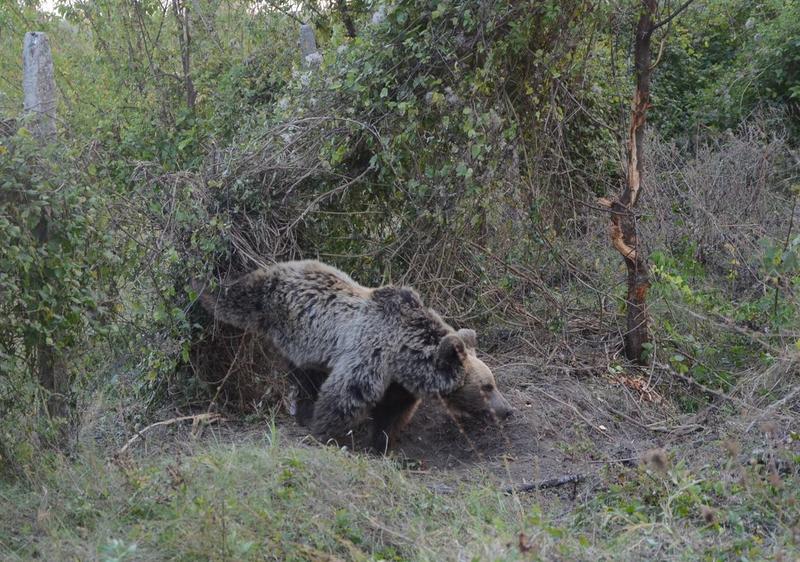The MOEW paid over 220,000 BGN in compensation for damages caused by the brown bear species
23 Dec, 2021 | 14:32
Since the beginning of this year, the Ministry of Environment and Water has paid 223,000 BGN in compensation for damages caused by the brown bear species. By the beginning of September 2021, about 128,000 BGN had been paid. The Deputy Prime Minister for Climate Policy and Minister of Environment and Water Borislav Sandov resumed payments and approximately 95,000 BGN were transferred yesterday. The damages this year have reached a record number. The Ministry has received requests for 160 compensations, and there are files that are still being processed.
In comparison, in 2020 a total of 128 requests for compensations in the amount of approximately 105,000 BGN were received.
The large number of raids by bears is mainly due to the lack of food in forests, the entry of humans, including vehicles in bears’ natural habitats, as well as climate change. The damage mainly concerns farm animals, produce, and apiaries.
„Preserving biodiversity in Bulgaria is one of my main priorities,“ said Minister Borislav Sandov. He noted that the payment of compensations is one of the best mechanisms to reduce the bear-human conflict and in this sense constitutes a direct conservation measure to protect the species.
Given the peculiarities of the brown bear species, poaching presents the main threat to it, but in recent years the population of the species remains relatively stable.
This practice of compensation has been assessed as very successful, both by the European Commission (EC) and by various expert forums. Damages by brown bears are compensated on the basis of the Hunting and Game Protection Act. This practice has been implemented by the MOEW since 2003.
About 90-95% of the damages occur on the territory of RIEW Smolyan. This is due to the concentration of most of the brown bear population in the Rhodopes mountains and the shared habitat by bears and humans, whereby the relatively small human population lives in villages and neighborhoods in the mountains. This inevitably leads to conflict and, if not mitigated, will entail poaching.
The signals are received by various institutions, i.e. forestry and hunting farms, RIEWs, national parks, municipalities, the police, and the 112 telephone line.
The damages are compensated on the basis of a report by the Commission for establishing the inflicted damage, and the assessment of damages is determined by the market prices in the specific area.
The brown bear is a protected species under the Biodiversity Act. The European Habitats Directive (Directive 92/43) requires strict protection of the species, which is included in the Convention on International Trade in Endangered Species of Wild Fauna and Flora (CITES).
